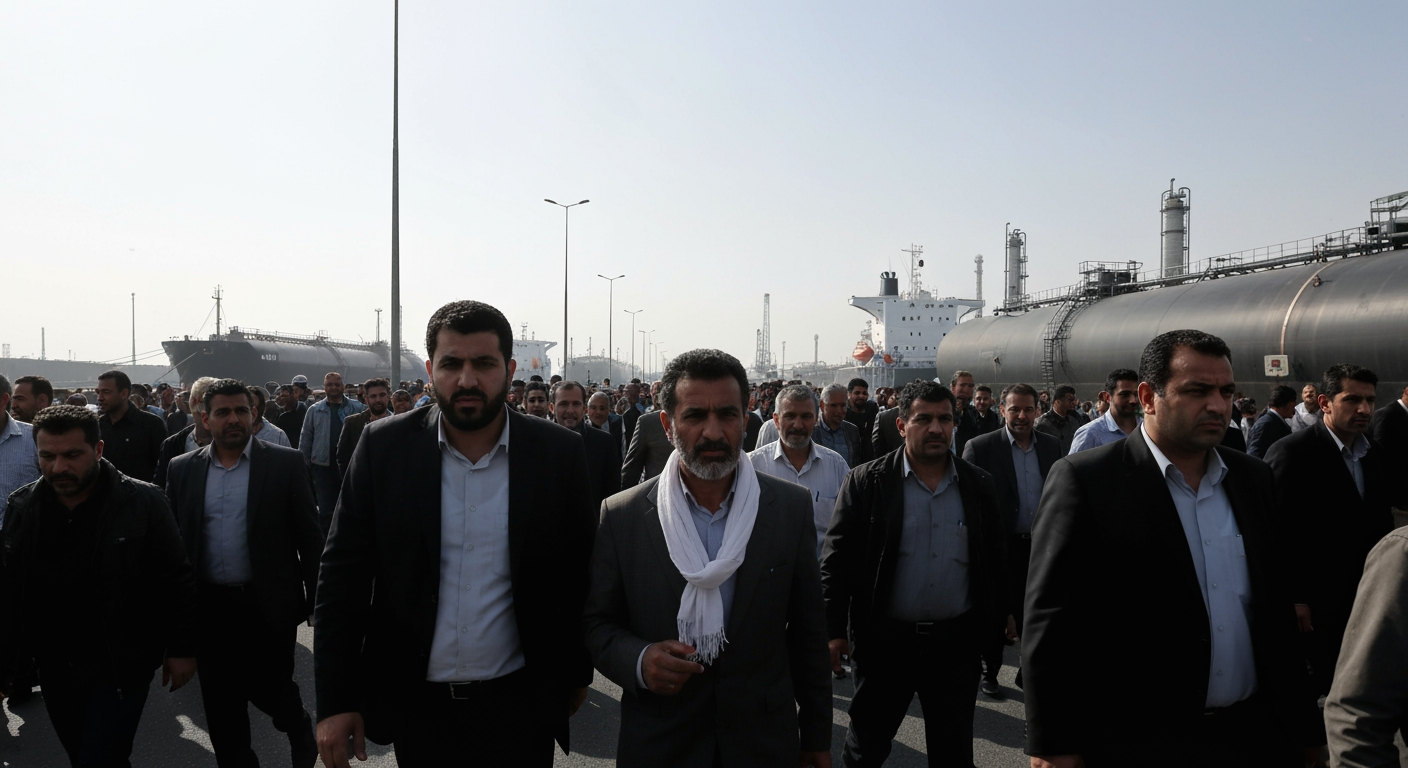Milei Urges Argentines to Entrust 'Mattress Dollars' to Banks as Sign of Economic Recovery

BUENOS AIRES, Argentina – President Javier Milei is appealing to Argentines to deposit their U.S. dollar savings, often stashed away at home, into the country's banking system as a demonstration of confidence in Argentina's economic recovery. The move is part of a broader strategy to bolster the peso and formally integrate billions of dollars circulating in the informal economy.
Milei's administration estimates that Argentines have approximately $271 billion in cash hidden in mattresses, safety deposit boxes, and foreign accounts, accumulated over decades of economic instability and currency controls. These "mattress dollars," as they are commonly known, represent a significant portion of the nation's wealth held outside the formal financial system. The president's call comes as his government implements measures aimed at stabilizing the economy and reducing inflation, which reached a monthly rate of 25% in December 2023 but has since fallen below 3%.
A Plan to Mobilize Dormant Dollars
The appeal to Argentines is not just a request but is coupled with concrete measures designed to encourage the repatriation and formalization of these funds. The government has launched a plan dubbed "Plan de Reparación Histórica de los Ahorros de los Argentinos" (Historical Reparation Plan for Argentines' Savings), intended to create a more favorable environment for Argentines to bring their dollars into the banking system.
A key component of this plan is the "Ley de Principio de Inocencia Fiscal" (Fiscal Presumption of Innocence bill), which has been submitted to Congress. This bill seeks to raise the thresholds for triggering tax evasion investigations, addressing concerns that Argentines have been unfairly targeted for minor discrepancies. Previously, individuals could face scrutiny for discrepancies as low as 1.5 million pesos (approximately US$1,200 at the official exchange rate). The new legislation aims to significantly increase these thresholds, reducing the risk of persecution for those who formalize their savings.
Addressing Decades of Distrust
The government acknowledges that years of economic turmoil, high inflation, and strict currency controls have fostered a deep-seated distrust in the Argentine financial system. Argentines have historically turned to the U.S. dollar as a safe haven, hoarding cash to protect themselves from the peso's devaluation and economic instability.
Presidential Spokesperson Manuel Adorni emphasized that the new measures aim to end the "criminalization" of savings and allow Argentines to freely use their savings without having to prove their origin. The government hopes to reverse the perception that the state views its citizens as criminals by default, fostering a climate of trust and encouraging participation in the formal economy.
Potential Benefits and Challenges
If successful, Milei's plan could have several positive effects on the Argentine economy. Bringing these "mattress dollars" into the banking system would increase the availability of capital, potentially stimulating investment and economic growth. It would also strengthen the peso by increasing the supply of dollars in the market.
However, the plan faces significant challenges. Overcoming decades of ingrained distrust will require more than just legislative changes. Argentines will need to see tangible evidence of economic stability and consistent policies to be convinced that depositing their dollars is a safe and beneficial move. The success of the plan will also depend on the government's ability to maintain fiscal discipline and control inflation.
Broader Economic Context
Milei's efforts to mobilize "mattress dollars" are part of a broader strategy to overhaul the Argentine economy. Since taking office, he has implemented austerity measures, including significant spending cuts, aimed at reducing the fiscal deficit and curbing inflation. These measures have been met with both support and opposition, as they have had a significant impact on various sectors of society.
The government has also sought international support, securing a US$20 billion loan from the International Monetary Fund (IMF). The first tranche of US$12 billion was received in April, providing a boost to the country's foreign reserves. Milei's administration hopes that these efforts, combined with the "mattress dollars" initiative, will pave the way for sustainable economic growth and stability.
Conclusion: A Test of Confidence
President Milei's appeal to Argentines to entrust their "mattress dollars" to the banking system represents a bold attempt to integrate a vast pool of informal capital into the formal economy. The success of this plan hinges on the government's ability to build trust, maintain economic stability, and convince Argentines that their savings will be safe and productive within the country's financial system. Whether Argentines will heed Milei's call remains to be seen, but it will serve as a crucial indicator of confidence in his administration's economic policies and the prospects for Argentina's recovery.
Related Articles

Escalation in Persian Gulf Triggers Global Energy Crisis as Iran Targets Key Oil and Gas Sites
DUBAI, UAE – A dangerous new chapter has unfolded in the Persian Gulf, as a rapid escalation of tensions has seen Iran launch a barrage of drone and missile attacks against critical oil and gas infrastructure across multiple Gulf states, sending shockwaves through global energy markets and raising fears of a broader regional conflict. These widespread assaults, described by some as retaliatory following recent U.S.-Israeli strikes on Iran, have disrupted vital shipping lanes, crippled production facilities, and ignited an urgent international debate over energy security and regional stability. The concerted attacks, which began in late February and intensified through early March 2026, have marked a significant shift in regional dynamics

Global Oil Markets Brace for Turbulence as Iran Conflict Threatens $100-a-Barrel Threshold
LONDON - Global oil markets are teetering on the brink of significant upheaval following recent escalations in the Middle East, raising concerns that crude prices could surge past $100 per barrel. The immediate aftermath of reported US-Israeli strikes on Iran and subsequent retaliatory actions by Tehran has already sent shockwaves through energy trading, with analysts warning that prolonged conflict, particularly any disruption to the vital Strait of Hormuz, could trigger a substantial and sustained price rally, impacting economies worldwide. On Friday, Brent crude futures were trading around $72.48 to $73 per barrel, while West Texas Intermediate (WTI) crude oil prices stood at approximately $67 per barrel

Russia's Enduring Nuclear Grip: A Geopolitical Lever Beyond Oil and Gas
While global attention frequently fixates on Russia's vast oil and gas reserves as instruments of geopolitical influence, a quieter, yet equally potent, form of leverage persists within its nuclear energy sector. Through its state-owned atomic energy corporation, Rosatom, Russia has cultivated deep-seated dependencies across the world, extending far beyond fossil fuel exports